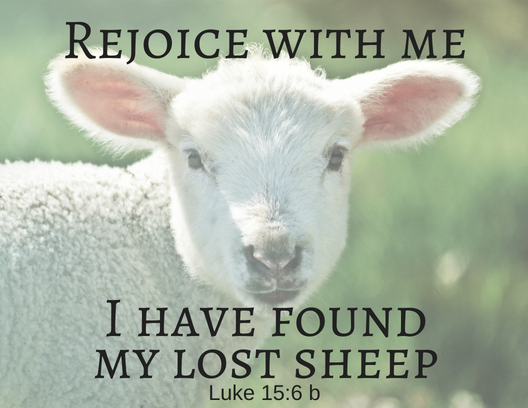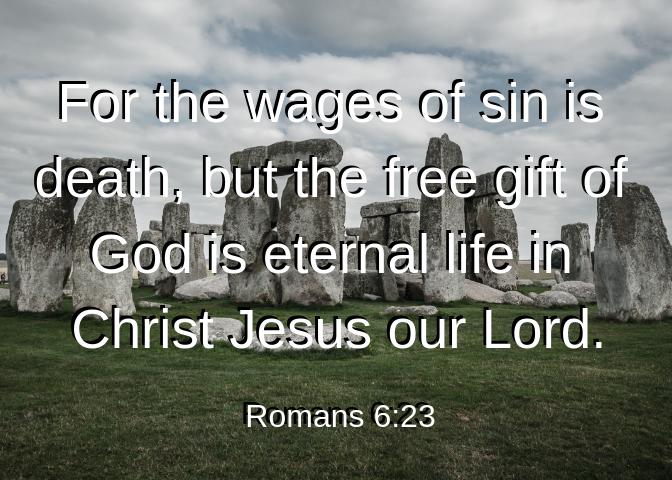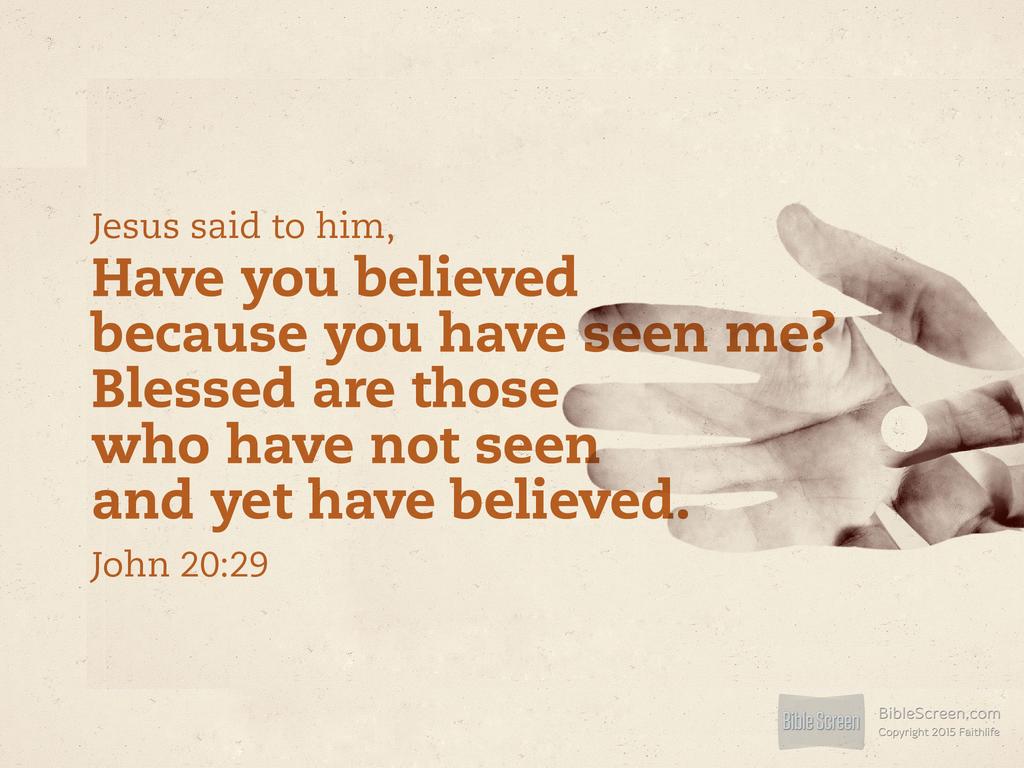
THREE PARABLES—Luke 15
Thursday, December 22, 2022
There are so many layers to these three parables of Jesus, but today I want us to think about whom we most relate to in these short stories. Probably we all want to cross off the Pharisees. You know, those guys who stand on the sidelines, quick to distant themselves from the sinful people in the world. “And the Pharisees and scribes grumbled, saying ’This man receives sinners and eats with them’.”( v.2) None of us is like them, right? We are anxious to see all the sinners repent and enter the kingdom when Jesus returns. Most importantly, we are not quick to criticize people who reach out to sinners, as they did. They even thought it was their righteous duty to criticize Jesus because He ate with sinners. Surely, we cannot relate to them.
Parable One—The Lost Sheep
Jesus narrows in on the Pharisees’ pride in these three short stories. It seems as though he specifically chose the first two parables to increase the ire of the Pharisees. Jesus’ first words, “What man of YOU, having a hundred sheep…”(v3) stung. How dare He compare THEM to a shepherd? They were, after all, much above a lowly disgusting shepherd. Their beautiful robes and position in religious society proclaimed their superiority. Yes, really, the Pharisees thought they were much better than a shepherd was, and undoubtedly disliked Jesus’ comparison of them to a poor sheepherder.
Maybe, however, you relate most to the shepherd. Of course, you would rush out to find that one lost sheep, even though you have more than enough other sheep (who by the way, are safely gathered together). Think of a father, who rushes back into his burning home to save his one child who is still inside, even though his other children are safely outside. Just like Jesus, you would pick up that child and carry him with great joy to safety.
Parable Two–The Lost Coin
The second parable serves to further increase the ire and grumbling of the Pharisees. Once again, their beautiful flowing robes and position got in the way of doing God’s work. How dare He compare them to a woman, and, an obviously poor, careless woman at that! But this woman, like the shepherd, has lost something extremely important to her. Perhaps you relate most to this woman who would not stop or sleep until her valuable lost coin was found.
When Jesus uses this poor woman and shepherd as examples of God’s forgiveness, He is telling these Pharisees (and US), that this woman and shepherd represent God’s desire to seek lost sinners. To end these two parables, Jesus shares a wonderful scene of great rejoicing in heaven among the angels when the lost sinners are found. However, the Pharisees probably found it offensive to envision such rejoicing in heaven with sinners. Heaven forbid.
Parable Three—The Lost Sons
Traditionally, we think of this final parable as the Parable of the Prodigal Son. You know, the son who considered his father “as dead” and asked for his inheritance from him before the father had even died. He wanted to go out and live the good life, away from his father. Things did not turn out so well for him, and the prodigal son soon realizes that he made a huge mistake and decided to return home and beg for forgiveness.
“But the father said to his servant, ‘Bring quickly the best robe, and put it on him and put a ring on his hand, and shoes on his feet. And bring the fatted calf and kill it, and let us eat and celebrate. For this my son was dead, and is alive again; he was lost, and is found.” vs. 22-24
This is a wonderful story of forgiveness, and probably the Pharisees think this story is tolerable because, after all, it is about a rich family, a beautiful robe, and a big party with music and dancing. But hold on, the rest of the story was about to be told.
The other brother, the good other brother, was in the field working for his father when he approaches and hears the dancing and music. He inquires and finds out the ugly truth. His brother has returned to his father, and the party is for him. Instead of going in and being happy that his brother was back home, the pity party began. He reminded his father how good he had been; always served the father, never disobeyed, and certainly was not a son who wasted his father’s wealth on prostitutes. He made it clear that in his mind his brother is a sinner. Once a sinner, always a sinner. How could his father receive his brother back and eat with him? He could not let it go.
“He was angry and refused to go in.”(v.28) Can you relate?
-Kayla Elwell
Questions for reflection:
- Whom did the other good son represent in this last story?
- Can you relate to the resentment and anger the good son felt? Why or why not.
- Have you ever felt cheated, angry, upset, jealous, revengeful, or disappointed that you were not properly rewarded when others got recognition for lesser good works, or when others got forgiveness for messing up royally? Where do you believe that those feeling come from? A false sense of pride? A desire to get what is rightfully yours? Wanting to be better than others? Perhaps someone has hurt you deeply. How do those feelings apply in this last parable?



